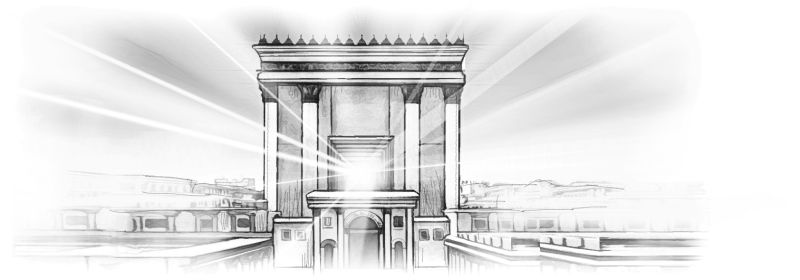Running From Church: Part 1
Church was the last place Aneliya wanted to go. Raised in a family that followed a non-Christian world religion, she had visited her own house of worship on holidays and to observe animal sacrifices for more than 40 years. So, it came as a shock when her husband and 20-year-old son, Rosen, were offered a Bible by a stranger on the street.
“Take this and come to our meeting this evening,” the stranger said.
He said refreshments also would be available.
At home, Aneliya balked at the invitation. “What are we going to do there?” she asked. “I don’t want to go. I belong to another religion.”
But Rosen wanted to go to the church.
“Come,” he said. “We’ll eat and listen to a few things.”
All five members of the refugee family went to the meeting in the European city. They exchanged greetings with church members, and they sipped tea and ate cake with them. During the church program, Aneliya heard people talking about Jesus, but she couldn’t understand the words.
What are they talking about? she wondered. It was a normal reaction for someone from her faith background when first exposed to the Bible.
Rosen, however, was fascinated by the meeting. Afterward, he started Bible studies with Paul, the stranger who had offered the Bible on the street.
Before long, Rosen asked his mother to come to church for his baptism.
Church was the last place Aneliya wanted to go.
“I don’t understand what a baptism is,” she said. “I won’t go.”
Rosen was baptized without her.
Then Aneliya and her family were evicted from their rented apartment. They had money for rent, but they couldn’t find a place to live. Church members joined the search but to no avail. Church members invited the family to stay temporarily in the children’s Sabbath School classroom.
Church was the last place Aneliya wanted to go. But she had no choice. She and the family lived in the church for seven months.
During that time, Paul visited the family and read from the Bible. Aneliya wondered why he was reading the Bible. She was convinced that only her religion’s sacred writings contained the truth. She wondered, How will this Bible help me get an apartment? Why can’t we find an apartment?
On Sabbaths, Paul invited the family to attend church services. Aneliya fled. When she saw the worship service starting, she ran out the door. But her 22-year-old son, Sergei, was moved by what he heard. He was baptized.
After the family found a new home, both of Aneliya’s sons began to plead with her to consider Jesus.
Thank you for your support of Adventist Mission, whose Global Mission Centers help train people to share the good news of salvation with precious people from other world religions. For information, visit globalmissioncenters.org. The story concludes next week.
